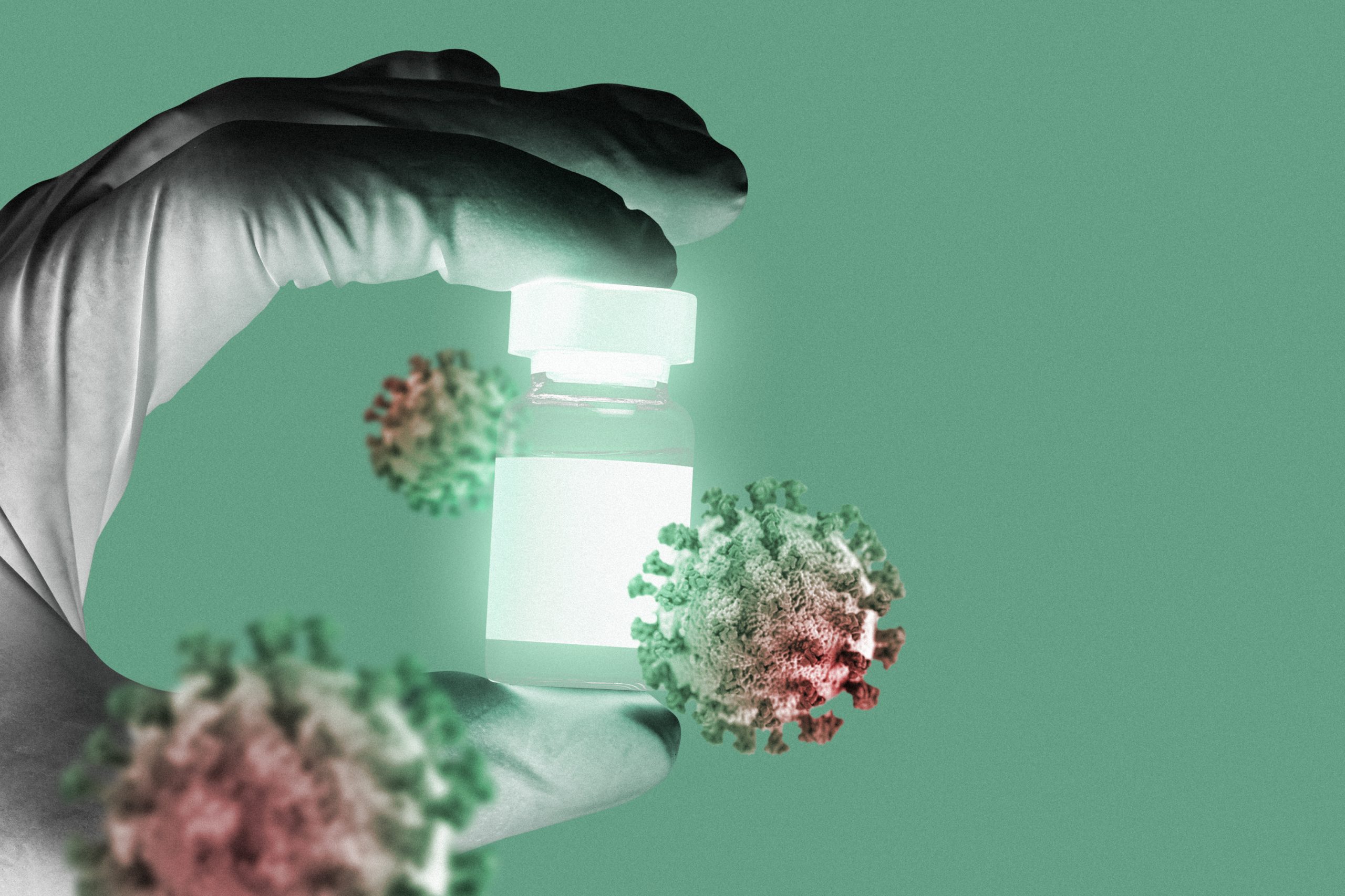

A collaborative effort between the University of Geneva (UNIGE) and Geneva University Hospitals (HUG) involved an analysis of the contacts of 50,000 individuals who tested positive for COVID-19 infection. Their findings underscored the enhanced protection provided to the community by immunity acquired through vaccination.
The study revealed that nearly one out of every three individuals exposed to SARS-CoV-2 becomes infected, and this number rises to as many as two out of five when dealing with the Omicron variant. However, when individuals possess immunity due to vaccination, prior COVID-19 infection, or a combination of both, this infection rate decreases to just one in ten. It’s worth noting that this immunity tends to wane within a few months, a conclusion reached by the UNIGE and HUG team upon reevaluating epidemiological data from Geneva.
Interestingly, protection following a previous infection seems slightly more effective than vaccination, although it comes with the potential for severe symptoms. In contrast, vaccination consistently reduces the contagiousness of patients over a more extended period. In light of the resurgence of cases, it appears imperative to implement measures such as air filtration, improved ventilation, and the use of masks, particularly in the proximity of vulnerable individuals.
These significant findings have been published in the journal Nature Communications.
Immunity, the body’s capacity to protect itself against pathogens like SARS-CoV-2, can be attained through vaccination, infection, or a combination of both. Vaccination serves a dual purpose in managing virus transmission. It not only safeguards individuals from contracting the virus but also, in the event of COVID-19 infection, curbs their ability to transmit it to others in their vicinity.
‘‘Our aim was to assess the secondary attack rate of SARS-CoV2, i.e. the proportion of infected people among the contacts of a sick person, to see the effect of immunity on transmission, and to identify how this effect is divided between reduced contagiousness and protection against infection’’, explains Delphine Courvoisier, assistant professor in the Department of Medicine at the UNIGE Faculty of Medicine, epidemiologist at the HUG Healthcare Quality Department, and HUG delegate as Head of the data unit at the Cantonal Medical Service, who directed this work.
A remarkable collection of information
An extensive dataset encompassing over 50,000 cases and 110,000 contacts documented in the Canton of Geneva from June 2020 to March 2022 was subjected to thorough analysis. This dataset is exceptionally comprehensive due to its substantial number of cases and a wide range of valuable information, including residential location, age, weight, symptom profiles, vaccination status, and the dates of both vaccination and COVID-19 infection.
‘‘This study does not focus on biological samples, but on test results and the follow-up of contacts reported by people testing positive for COVID-19,’’ explains Denis Mongin, Research Fellow in the Department of Medicine at the UNIGE Faculty of Medicine, statistician at the HUG, and Delegated expert to data processing. ‘‘However, the amount of data available to us means that we can carry out a detailed analysis and adjust the parameters to avoid any bias.’’
Vaccination versus Infection: Which Provides Immunity?
Typically, an infected person transmitted the virus to slightly more than three out of every ten of their contacts, especially within their immediate family, and this increased to as many as four out of ten with the Omicron variant. Nevertheless, immunity dramatically diminishes the number of infected contacts, primarily by preventing infection to a lesser degree by lowering the contagiousness of previously infected individuals.
Notably, these findings affirm previous observations: immunity acquired through infection exerts a more potent influence on virus transmission than vaccination, encompassing both reduced contagiousness and the risk of transmission. However, it is important to note that this effect diminishes within a few months in all instances.
‘‘However, the risks associated with infection are significant, particularly for frail people. We also know that there are cumulative risks associated with multiple infections, particularly cardiac, or neurological risks,’’ says Delphine Courvoisier. Furthermore, the examination of the Geneva data indicates that factors such as age, gender, socio-economic status, and obesity exert minimal influence. Additionally, the combined effect of vaccination and prior COVID-19 infection did not yield significantly enhanced immunity.
Simple, yet Effectual Approaches
Therefore, as of now, although vaccines remain valuable in reducing contagion, especially among caregivers and the elderly or medically vulnerable, they should not serve as the sole public health intervention in the face of a potential resurgence. ‘‘This is why relatively simple and inexpensive public health measures such as air filtration, ventilation of homes, offices and classrooms, and the wearing of masks should be considered if we want to effectively reduce the spread of SarS-Cov-2,’’ conclude the authors.
more recommended stories
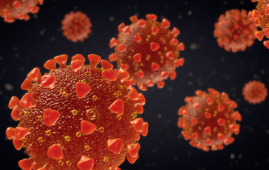 Study Reveals Cold May Impact SARS-CoV-2 Infection Rates
Study Reveals Cold May Impact SARS-CoV-2 Infection RatesThe Unexpected Protective Role of Rhinoviruses.
 Heart, Lung, & Brain Risks Persist in COVID-19 Survivors
Heart, Lung, & Brain Risks Persist in COVID-19 SurvivorsA French nationwide study reveals that.
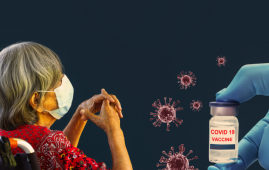 How COVID-19 and Vaccines Differ in Heart Inflammation
How COVID-19 and Vaccines Differ in Heart InflammationA team of international researchers led.
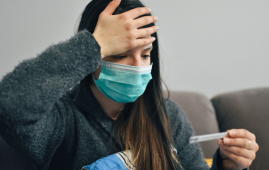 Long COVID: Extended Paxlovid Treatment Offers Hope
Long COVID: Extended Paxlovid Treatment Offers HopeA new case series by UC.
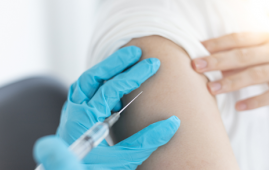 RSV Vaccine Response in Immunocompromised Adults
RSV Vaccine Response in Immunocompromised AdultsAccording to Johns Hopkins Medicine researchers,.
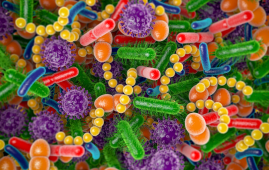 Gut Microbiome Predicts Long COVID Risk
Gut Microbiome Predicts Long COVID RiskIn a recent pre-print study published.
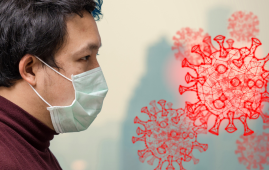 COVID-19 & Autoimmune Care Hope: Natural Proteins
COVID-19 & Autoimmune Care Hope: Natural ProteinsRecent research at Umeå University reveals.
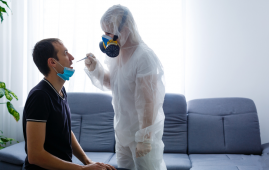 FasL Inhibitor Asunercept Speeds COVID-19 Recovery
FasL Inhibitor Asunercept Speeds COVID-19 RecoveryA new clinical trial demonstrates that.
 Impact of COVID-19 mRNA Vaccine on Myocardial Scarring
Impact of COVID-19 mRNA Vaccine on Myocardial ScarringA new study found a greater.
 Long-term Cognitive and Psychiatric Issues in COVID-19 Survivors
Long-term Cognitive and Psychiatric Issues in COVID-19 SurvivorsA new study published in The.

Leave a Comment